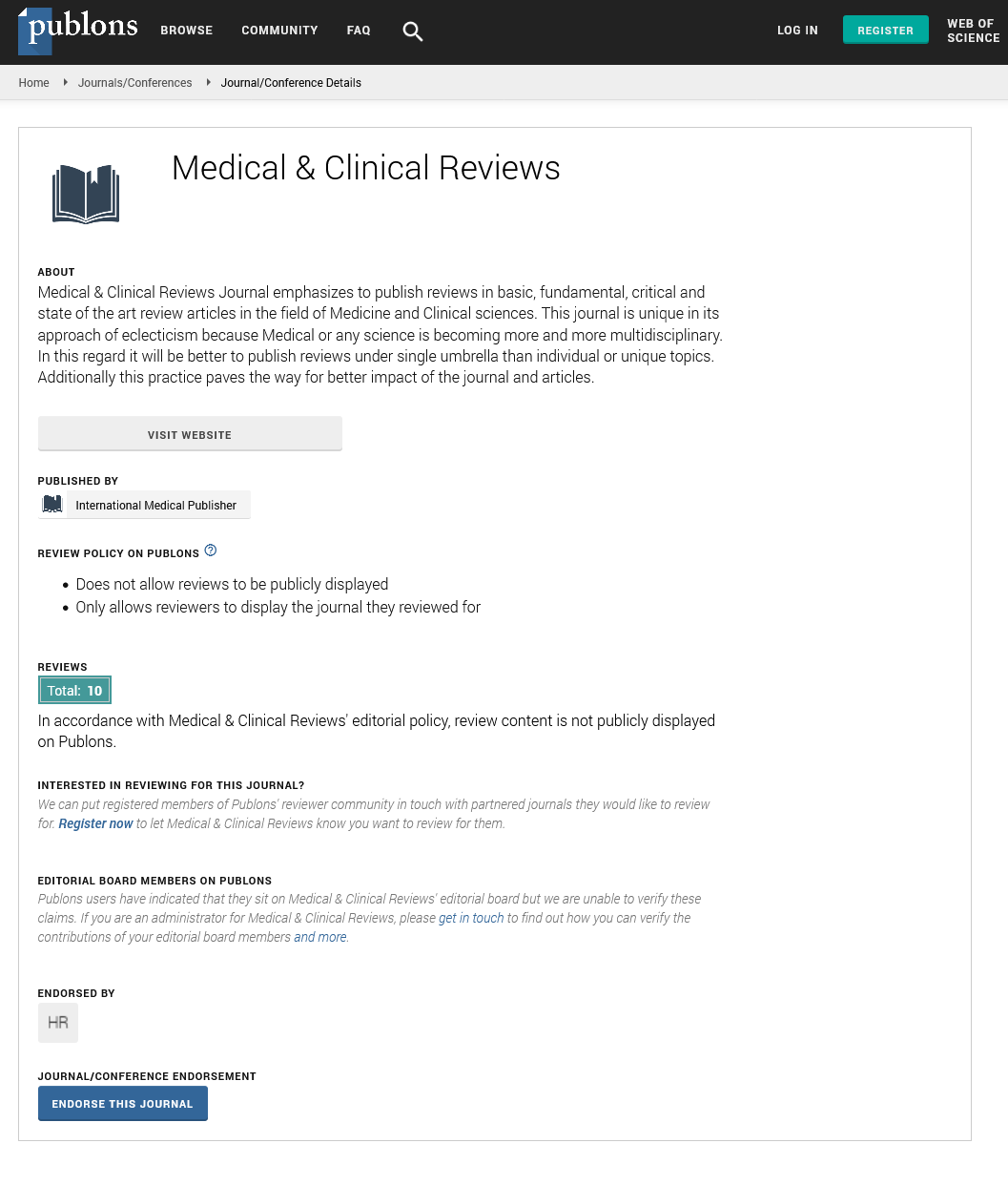Abstract
Impact of Electronic Medical Records on Healthcare Delivery in Kisii Teaching and Referral Hospital
Despite electronic medical record (EMR) systems being in existence since 1972, it’s only recently that governments worldwide have begun to encourage digitalization of medical records (Agency for Healthcare Research and Quality, n.d.). With EMR systems being the current way of hospital management and also delivering healthcare in Kisii Teaching and Referral Hospital (KTRH), there is need for a review of their impact and to understand the challenges faced in their adaptation and use. The objective of the study was to determine the impact of EMR on healthcare delivery in KTRH. A cross-sectional qualitative study was carried out in KTRH among healthcare providers. An interview guide was used to collect data which was coded and analyzed using content analysis. The study revealed that the EMR systems have led to an increase in the productivity of healthcare delivery, better clinical decision making and better collaboration between healthcare providers. The major challenges identified were shortage of funding for the adaptation and utilization of the EMR systems, computer illiteracy among staff and shortage of ICT staff in the facility. The EMR systems in KTRH have had a great impact on health care delivery system by increasing collaboration between personnel, increased productivity of health care providers bringing about patient and provider satisfaction. There is need to increase the amount of funding for the utilization of the systems, to employ more ICT staff and carry out refresher training to the staff so as to increase the benefits of the EMR systems and tackle the shortcomings.
Author(s):
Lynn Waithera, Joy Muhia, and Rogers Songole
Abstract | Full-Text | PDF
Share this

Google scholar citation report
Citations : 906
Medical & Clinical Reviews received 906 citations as per google scholar report
Medical & Clinical Reviews peer review process verified at publons
Abstracted/Indexed in
- Google Scholar
- China National Knowledge Infrastructure (CNKI)
- Directory of Research Journal Indexing (DRJI)
- WorldCat
- Publons
- Secret Search Engine Labs
Open Access Journals
- Aquaculture & Veterinary Science
- Chemistry & Chemical Sciences
- Clinical Sciences
- Engineering
- General Science
- Genetics & Molecular Biology
- Health Care & Nursing
- Immunology & Microbiology
- Materials Science
- Mathematics & Physics
- Medical Sciences
- Neurology & Psychiatry
- Oncology & Cancer Science
- Pharmaceutical Sciences


